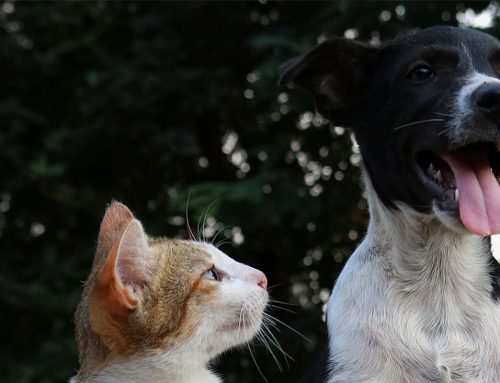What is Diabetes?
Diabetes Mellitus is the disease of pancreas in which the organ fails to produce the required amount of a hormone called insulin.
The Function of Insulin
After your pet has eaten his meal, the carbohydrates consumed are metabolised and converted into glucose which then enters into the blood stream via intestinal absorption. Sugar, or glucose, is the foremost fuel of the body and is required by cells and tissues to work, enabling the body to perform the desired functions properly. As the food is taken in, insulin is released by the pancreas. The function of insulin is to permit the glucose to go into the cells and exit from the blood. Muscle cells and organs like the lungs, liver, kidney and brain use this glucose for growth and energy. Insulin is the key that unlocks the door and allows glucose to enter into the cells.
Deficiency of Insulin
The pancreas of a diabetic pet either loses its ability to produce insulin or it can no longer produce the desired amount of insulin. The body also becomes insensitive to the effect of insulin. Deficiency of insulin does not allow glucose to leave the blood stream and penetrate into cells. As a result, the glucose in blood becomes so high that it starts overflows in the pet’s urine.
The body’s cells cannot utilise the glucose they depend upon for energy. In order to compensate for this, other ‘abnormal’ energy producing processes start up which do not depend on glucose (such as fat break-down). Unfortunately, these processes eventually create toxic by-products that can make your pet very sick.
Signs and Symptoms of Diabetes
The possible signs of a pet suffering from Diabetes could be:
- Increase in need for liquids or thirst
- Increased urination
- Changes in appetite
- Decrease in body weight
- Deteriorating coat condition
- Loss of energy
Consult your vet for confirmation.
Treatment for Diabetes
The treatment will be suggested by the vet depending on the severity of diabetes. Treatment will include change in diet, in addition to insulin supplements.
For detailed information regarding Diabetes and its management log on to www.cat-dog-diabetes.com




